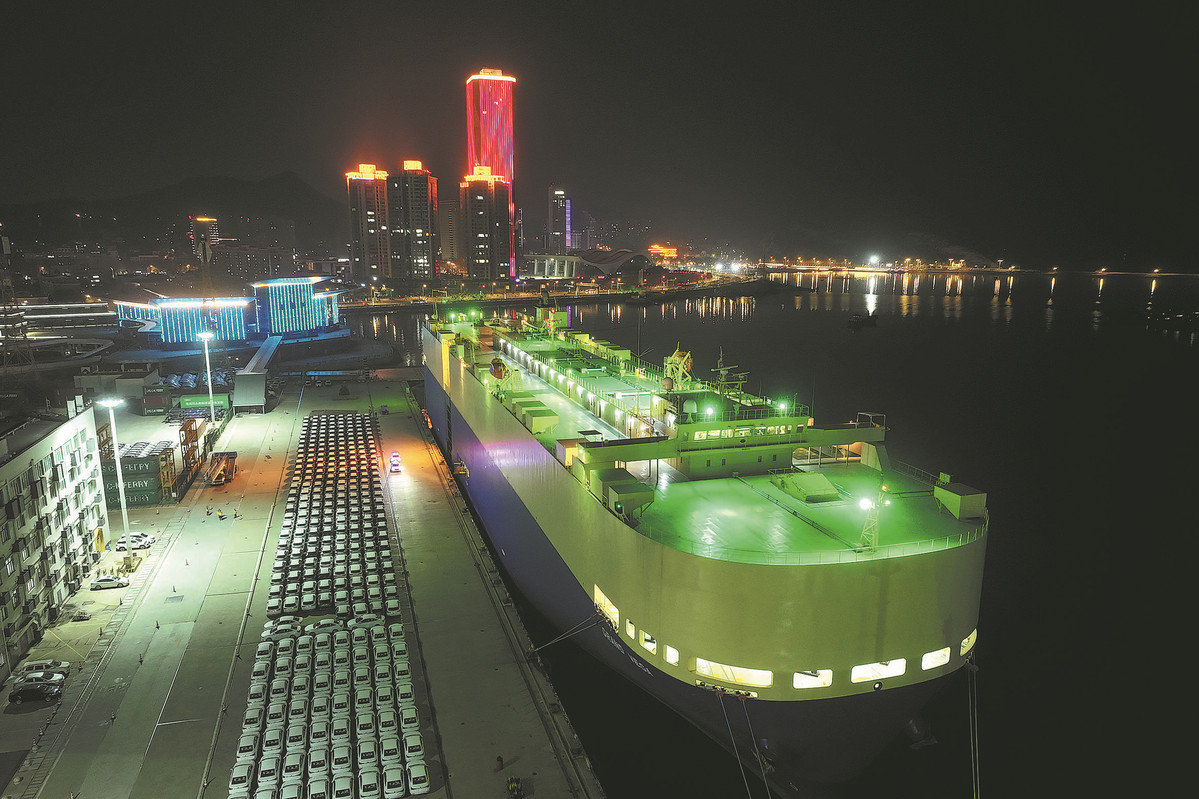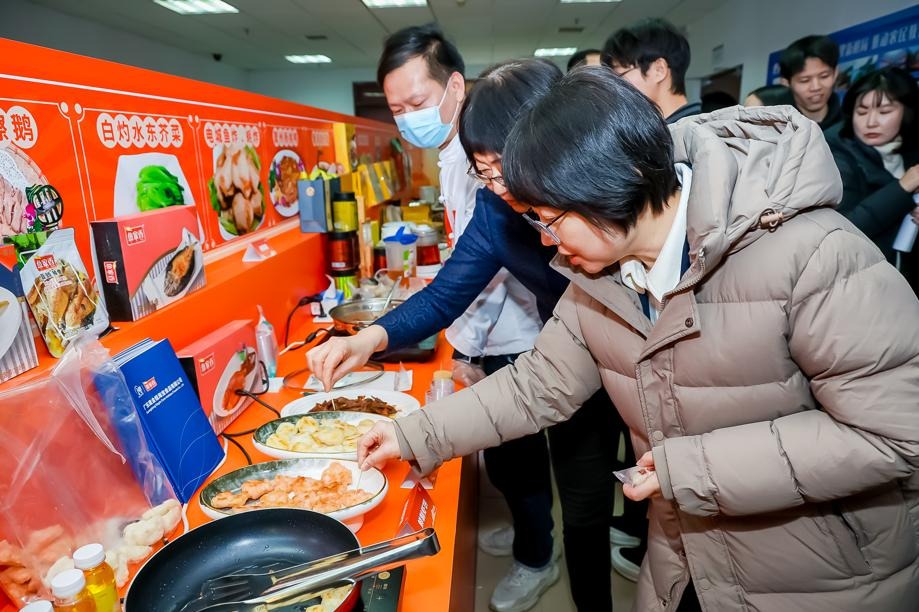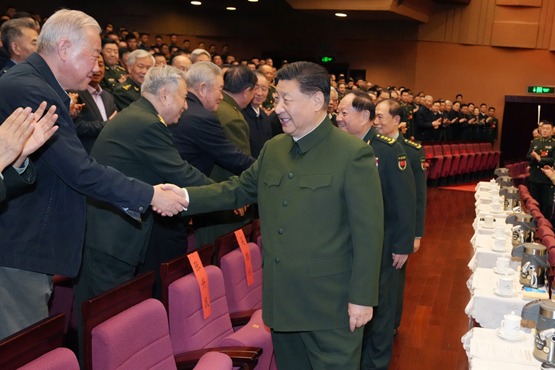Jiangsu ranks 1st in key economic areas


Jiangsu's GDP reached 13.7 trillion yuan ($1.87 trillion) in 2024, a 5.8 percent increase over the previous year, solidifying its position as a primary driver of China's economic growth, provincial Governor Xu Kunlin said on Sunday.
Jiangsu plans to achieve GDP growth of over 5 percent in 2025 while creating more than 1.2 million new jobs and keeping the increase in the consumer price index around 2 percent, Xu said during the provincial government's annual work report at Jiangsu's "two sessions", which began on Saturday in Nanjing and runs through Wednesday.
Xu said the provincial goals align with the central government's directives for economically significant regions.
"Maximum efforts will be exerted to pursue optimal outcomes and realize the stated goals," the governor said.
The work report highlighted Jiangsu's leadership in key economic indicators in 2024. The province saw a 2.36-trillion-yuan increase in new loans denominated in foreign and domestic currencies, the highest nationally. Thirteen innovative drugs developed in Jiangsu received approval for market launch, and the province led the country in newly approved unicorn and potential unicorn enterprises.
Jiangsu also secured approval for four new national advanced manufacturing clusters in 2024, bringing its total to 14 — the most in China.
In industrial development, Jiangsu has advanced its efforts to establish a modern industrial system, according to Xin Changxing, the province's Party secretary. Xin said Jiangsu has a strong foundation for industrial development with diverse strengths, resilience and potential.
"The province holds a unique advantage in turning challenges into opportunities," Xin said, adding that its favorable industrial ecosystem has spurred the growth of future industries, including biomanufacturing, commercial aerospace, quantum technology and humanoid robots.
"Revitalizing traditional industries, fostering emerging industries, and nurturing future industries are essential strategies for Jiangsu to transition smoothly between old and new development drivers," Xin said. "By staying on this path, we are fully capable of leading the wave of industrial transformation and shaping future development."
Ni Guoqiang, deputy director of Jiangsu's Department of Finance, said boosting enterprise vitality requires precise policy guidance and a fair, competitive environment.
"The province will implement a more proactive fiscal policy, focusing on stabilizing investment, promoting growth and encouraging enterprises to pursue independent innovation," Ni said.
In 2025, Jiangsu aims to strengthen its economic recovery and growth by introducing policies to unlock domestic demand and foster new foreign trade momentum, Governor Xu said.
The province will prioritize technological innovation, enhance the education system and expand its talent pool, Xu added. Efforts will also focus on accelerating industrial modernization, promoting industrial upgrades, advancing the digital economy and deepening reforms to enhance market-oriented practices and international openness.
Jiangsu will continue optimizing initiatives that address public needs, ensuring projects improve residents' quality of life, Xu said.





































